The Master of Arts in Applied Archaeology (MAAA) is a professionally oriented program designed to prepare students for the archaeological sector of the cultural resource management (CRM) industry or continuing education in Ph.D. with CRM training. The program provides an education in anthropological archaeology with a focus on developing a solid background in archaeological method and theory combined with practical experience in field and laboratory studies. Students are then trained how to use that background in an applied setting through courses focused on CRM regulations, procedures, and practice, along with opportunities to work along State, Federal, and Tribal entities. Students in the program will graduate with a broad understanding of both academic and CRM archaeology, learning how these archaeologies are complimentary and can be used in concert within our discipline.
The program is designed to accommodate students who work full-time.
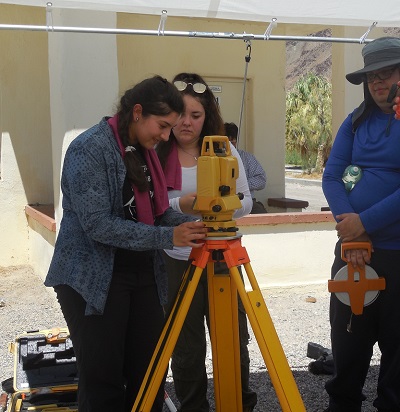
Program Highlights
- Program focus on a foundation of Anthropological Archaeology and training on how that is used in the applied setting.
- Active field and lab research opportunities on prehistoric and historic sites on the California mainland and islands.
- Graduate assistantships are available each academic year.
- You can utilize your existing work in the cultural resource management field to satisfy some program requirements.
- Graduates are prepared for a variety of positions with the cultural resources management industry, including federal and state agencies, private consulting firms, tribal entities, and museums.
- Students will earn the skills and theoretical basis to continue on for a Ph.D. in anthropological archaeology at another institution if they choose to do so.
As a Student You Can Expect
- Specialized training on the regulations that govern historic preservation in the National Historic Preservation Act (NHPA), National Environmental Policy Act (NEPA), and the California Environmental Quality Act (CEQA).
- A robust background in archaeological theory and the history of the discipline.
- Training in research proposal and grant development and opportunities for research project development and execution.
- Experience in conducting archaeological analysis for the purpose of satisfying the requirements of historic preservation regulations at the local, state, and national level.
- Training on the technical writing necessary for producing cultural resources management reports.
MA Program Learning Objectives
These are the specific learning objectives that you will expect to master in our program:
1. Students will have the knowledge, technical expertise, and managerial skills needed to obtain, administer, and fulfill the legal and ethical obligations of applied archaeology;
2. Students will be able to read and write peer-reviewed articles, reports, agreements, and grant proposals;
3. Students will be proficient in the knowledge of major theoretical and methodological approaches in archaeology.
Faculty
Program core faculty include archaeologists with extensive CRM, methodological, and archaeological experience who have active research projects in Alta and Baja California and Mesoamerica. Select the name for full faculty profile:
Program Director
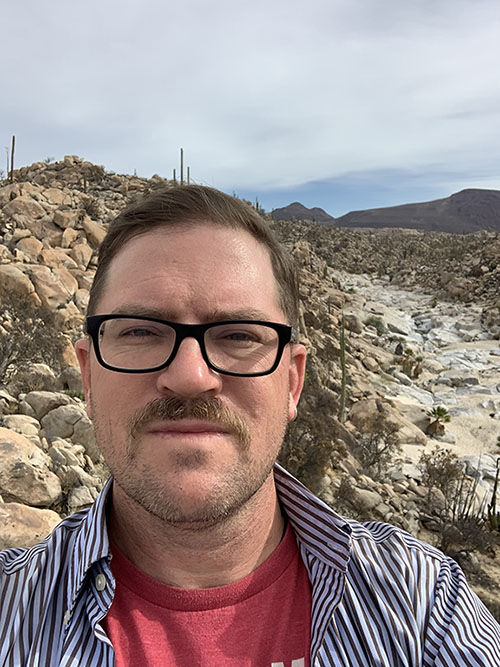
Research Focus: Peopling of the New World, lithic technology, maritime hunter-gatherers
Program expertise: California archaeology, archaeological theory and methods, research design, lithic analysis, human ecology, CRM
Core Faculty
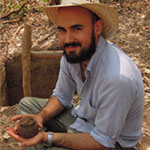
Research focus: Mesoamerica, early complex societies
Program expertise: Archaeological theory and methods, research design, laboratory methods and analysis
Core Faculty
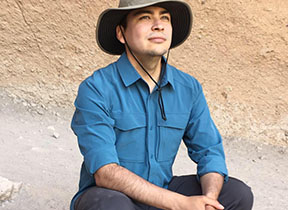
Research Focus: Ancestral Pueblo, Southwest Archaeology
Program Expertise: Indigenous Archaeology, Collaborative Archaeology, X-Ray Fluorescence Analysis, Non-destructive survey methods, Cultural Resource Management, Archaeological Theory
Consulting Faculty
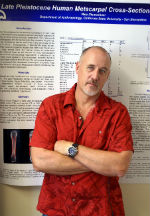
Research focus: Human evolution, osteology and functional anatomy
Program expertise: Consultation on human osteology and forensic anthropology